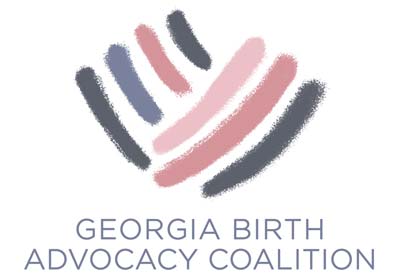Questions to Ask Your Provider About Giving Birth During COVID-19
The COVID-19 pandemic has fundamentally changed practices in delivery rooms across the country. Some doctors have even demanded that women give birth alone, or illegally taken babies from their mothers against their will. Many childbirth guides suggest discussing your birth plan late in pregnancy, usually at the beginning of the third trimester. This is absolutely too late. With so much variability in how doctors and midwives handle the COVID crisis, you need to know early on whether your provider is taking the right precautions, honoring your childbirth rights, and willing to follow your birth plan.
No matter what your birth preferences are or how you feel about the novel coronavirus, you need to interview your provider about the pandemic at your first appointment. If you don’t like their answers, switch before it’s too late. It is always better to switch providers rather than risk conflict with a provider at your birth.
Here are some questions about birth during COVID-19 to get you started:
What precautions are you taking to protect me? This is critical, because many practices are making patients adopt numerous measures to protect providers, but doing very little to protect patients. It’s common, for example, to walk into an ultrasound alone because your partner is banned, only to see that the tech is wearing their mask around their nose. A good provider values everyone’s health.
Who can be present at my birth? Be sure to not only ask who can be there, but whether they have to be pre-approved. If you need to change your birth support at the last moment, will this be allowed?
Do I have to take a COVID test? If so, when? Get specific information about how this test will be used, and what might change about your birth experience if you test positive.
What if I decline COVID testing? COVID testing is not 100 percent reliable, and false positives can occur. Many birthing people worry that a positive test might mean they are separated from their babies. Make sure you know exactly what will happen if you decline testing; at many hospitals, you may be treated as positive anyway. Federal law prohibits hospitals from declining to treat people in labor.
What COVID precautions are you taking in your own life? It doesn’t matter how cautious a medical practice is. If a doctor or nurse in that practice is not adopting appropriate precautionary measures, their odds of getting COVID and passing it along to you are much higher.
What is your office policy for people with COVID symptoms? Some medical practices do not offer paid leave, do not tell people to stay home if they are sick, or require people with known COVID exposure to come back to work if they have a negative test. These actions tell you that a practice is not taking the virus seriously. So if avoid COVID is important to you, avoid such practices.
What happens if I have COVID symptoms at birth? Many practices treat asymptomatic COVID-positive patients differently from those with symptoms.
Do you or the hospital at which you work recommend separating babies from COVID-positive mothers? What happens if I decline separation? You have a right to decline separation even if a doctor recommends it. A doctor who does not recognize this right will likely cause serious conflict at birth.
Are you offering telehealth visits, or a modified schedule of prenatal appointments? Telehealth saves time, and reduces your exposure to the virus.
Can I wait in my car instead of the waiting room? Any provider who will not let you do this does not take your health seriously.
Is early discharge an option if baby and I are doing well? Leaving the hospital or birthing center early reduces your exposure to COVID. You can always leave against medical advice, but your departure will be less stressful if your provider pre-approves it.

